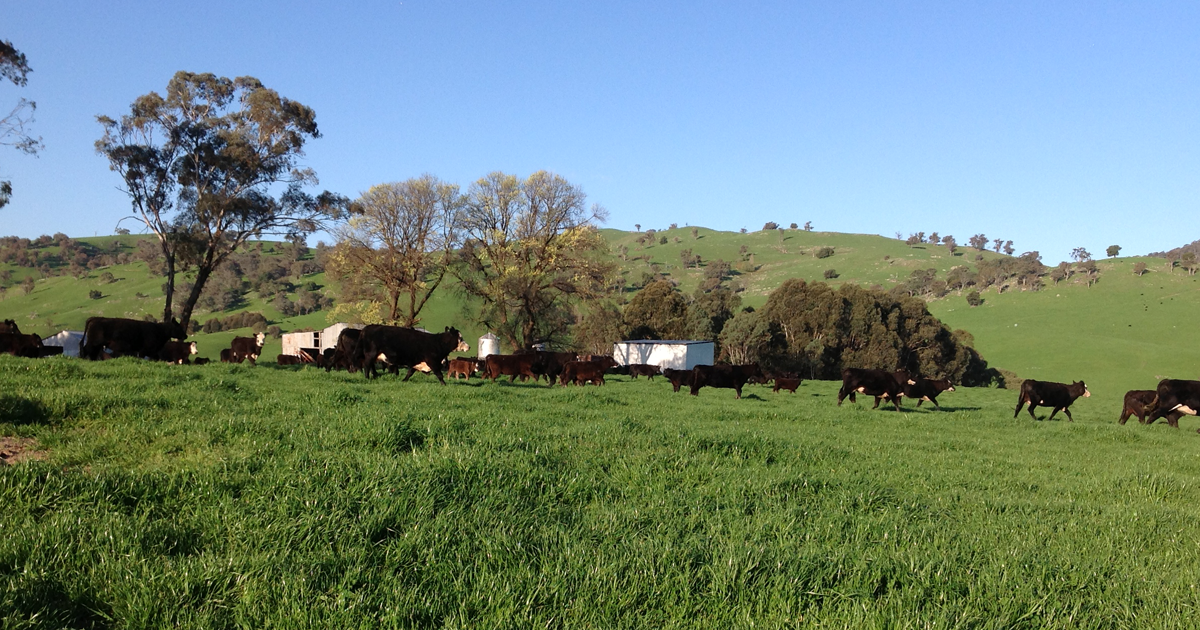This month the United Nations Food Systems Summit will be held in New York. The Summit has an ambitious aim to nail global commitments and actions that transform food systems to resolve not only hunger, but to reduce diet-related disease and heal the planet. As Aussies with a part to play in producing Australian red meat for millions of consumers across the globe, we welcome the opportunity for policy makers, farmers, industry, academia and civic actors from around the world to share ideas, thoughts and solutions to tackle these challenges.
We’re proud of our progress in doing our bit and continuing to ply our Aussie know-how, grit and determination to very real problems in climate change and hunger. We are well on our way to being carbon-neutral as a beef producer by 2030, having halved our greenhouse gas (GHG) emissions since 2005, despite increasing production over that time. New advancements in efficiency, genetics, using methane-cutting feed additives like red algae, carbon farming, and old-school practices like utilizing dung beetles for better carbon sequestration and soil health all add up, and may even get us beyond neutral to carbon-positive in the not-so-distant future. It’s already happening with Aussie lamb, which the data now shows is climate-positive today.
The bottom line? Animal agriculture – when practiced purposefully and in places like Australia where the land is best suited to support it -- can be regenerative and contribute positively to a healthy planet. Red meat has a role to play for healthy humans, too, providing vital nutrients that just can’t replaced by other sources. Australia’s beef and lamb farmers are leading the way, and are marshalling the science and practical strategies for others to follow around the globe.


